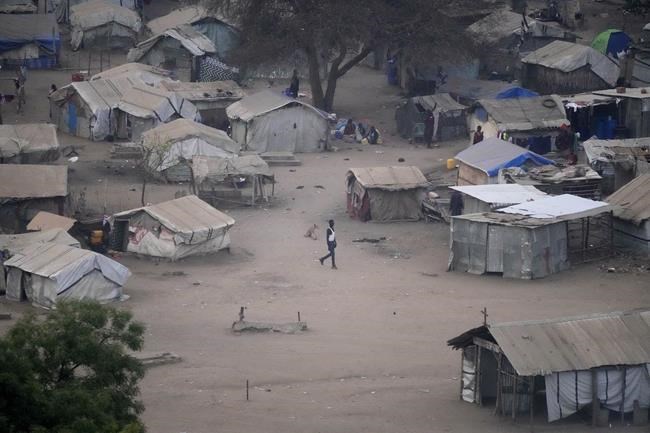
South Sudan shutters all schools as it prepares for an extreme heat wave
JUBA, South Sudan (AP) — South Sudan is closing all schools starting Monday in preparation for an extreme heat wave expected to last two weeks.
The health and education ministries advised parents to keep all children indoors as temperatures are expected to soar to 45 degrees Celsius (113 Fahrenheit).
They warned that any school found open during the warning period would have its registration withdrawn, but the statement issued late Saturday didn’t specify how long schools would remain shuttered.
The ministries said they “will continue to monitor the situation and inform the public accordingly.”
Resident Peter Garang, who lives in the capital, Juba, welcomed the decision. He said “schools should be connected to the electricity grid” to enable the installation of air conditioners.
South Sudan, one of the world’s youngest nations, is particularly vulnerable to climate change with heat waves common but rarely exceeding 40 C (104 F). Civil conflict has plagued the east African country which also suffered from drought and flooding, making living conditions difficult for residents.
The World Food Program in its latest country brief said South Sudan “continues to face a dire humanitarian crisis” due to violence, economic instability, climate change and an influx of people fleeing the conflict in neighboring Sudan. It also stated that 818,000 vulnerable people were given food and cash-based transfers in January.
Join the Conversation!
Want to share your thoughts, add context, or connect with others in your community?
You must be logged in to post a comment.


















